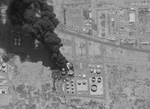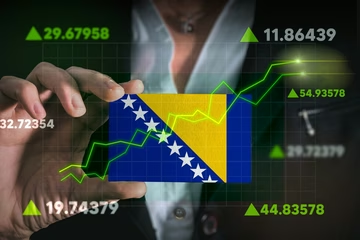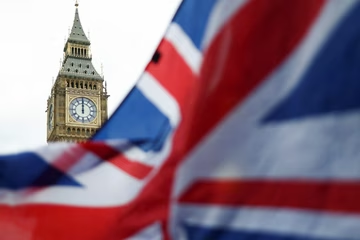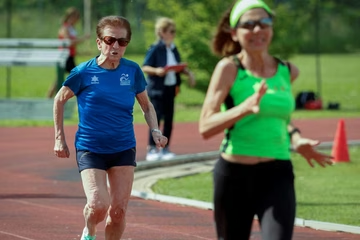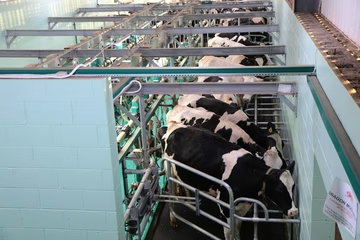
On the day marking the Srebrenica genocide anniversary, July 11, a nationalist association has announced the screening of a film about what they named the “liberation of Srebrenica” and about war criminal Ratko Mladic, the Bosnian Serb military leader who was among other crimes convicted for genocide. The screening is set to take place only a few kilometres away from the commemoration site.
The film about Mladic was previously screened in the eastern Bosnian town Bratunac last June, the night before his verdict was announced in The Hague.
Now after the new screening has been scheduled for the 27th anniversary of the genocide in Srebrenica, the victims' families say: “This must not be allowed.”
The event is being organised by the radical, pro-Russian association Eastern Alternative (Istocna alternativa).
The women who 27 years after the Srebrenica genocide are still looking for the remains of their loved ones say they are not surprised.
“We will react, we are not afraid,” said Sehida Abdurahmanovic of the 'Mothers of Srebrenica and Zepa Enclaves' movement.
“We will do everything in a dignified manner, and we will take legal actions and do everything to prevent such things in the future,” she added.
Vojin Pavlovic, head of the 'Eastern Alternative' association, is known for glorifying Ratko Mladic. He confirmed to N1 that the screening will take place on July 11, 7 pm.
Former head of Srebrenica Municipality Camil Durakovic believes that Pavlovic enjoys support, although not publicly, of the Serb officials and even the church.
“That is a systemic approach to the denial of genocide or diverting the attention from July 11 this year and the years before,” said Durakovic.
According to Belgrade activist, Sonja Biserko, the chairwoman of the Helsinki Committee for Human Rights, this would be so far the farthest step in the genocide denial.
She deems that both Belgrade and Banja Luka, the administrative centre of Bosnia's Serb entity Republika Srpska, are trying to “dispute the qualification of crimes in Srebrenica i.e. genocide.”
“Their qualification is that the war in Bosnia and Herzegovina was the liberation war of the Serbs and in any case, according to them, genocide could have not taken the place, especially a genocide committed by the Serbs,” said Biserko.
During the 1992-1995 war for the country's independence from the former Yugoslavia, Bosnia lost over 100,000 people, over 8,000 of which were lost in July 1995 in Srebrenica, when Bosnian Serb forces from the break-away region of Republika Srpska overrun the then UN-protected zone of Srebrenica.
The victims' bodies were subsequently buried in primary, secondary and even tertiary mass graves in an attempt to hide the crimes and make identification of victims impossible. Thanks to state of the art DNA labs, all the bodies that have so far been buried at the Potocari Memorial Centre were positively identified.
The International Criminal Tribunal (ICTY) for the Former Yugoslavia and the International Court of Justice later ruled that the mass killing in Srebrenica was an act of genocide.
International and regional courts have sentenced 45 people for what happened in Srebrenica to a total of some 700 years behind bars.
Kakvo je tvoje mišljenje o ovome?
Učestvuj u diskusiji ili pročitaj komentare





 Srbija
Srbija
 Hrvatska
Hrvatska
 Slovenija
Slovenija















